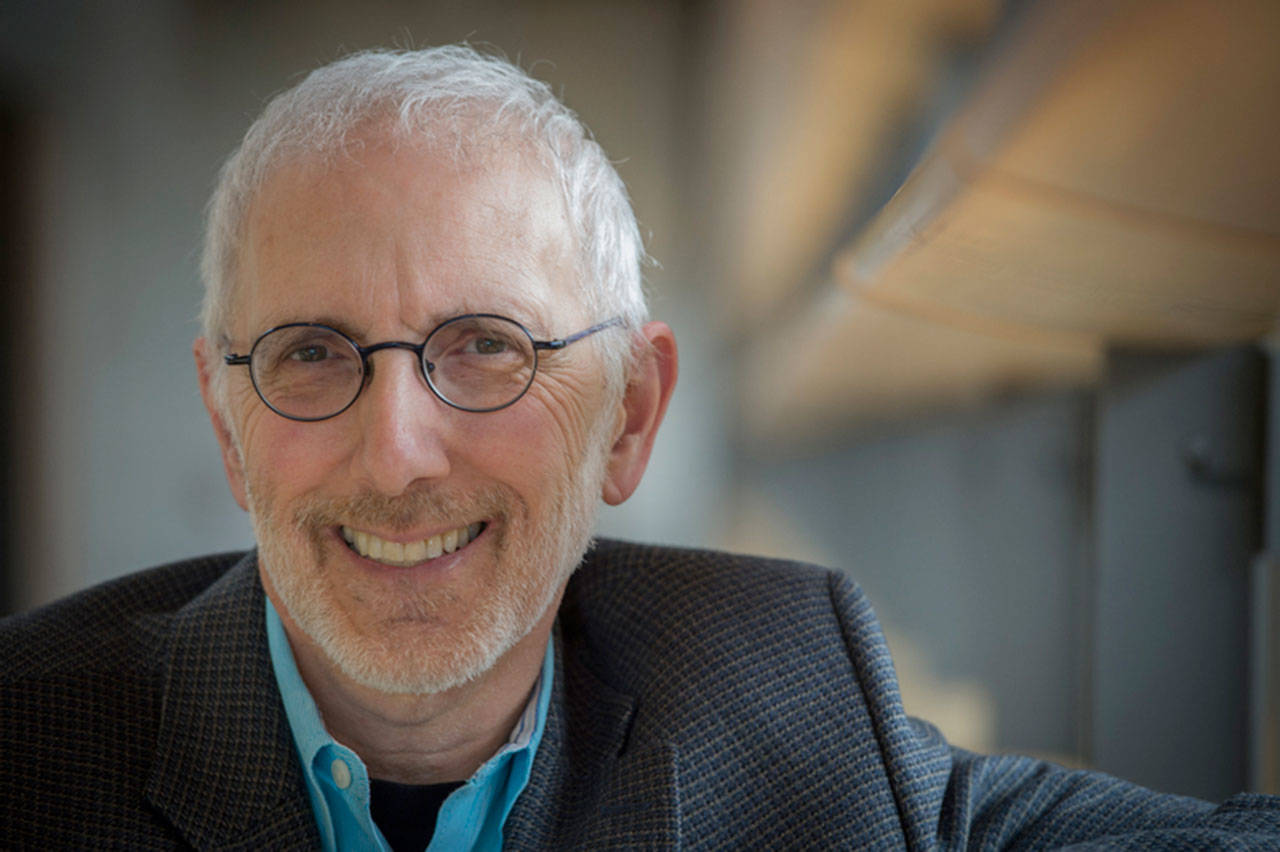Nick Licata, author, activist and former Seattle City Councilmember, will speak about his book “Becoming a Citizen Activist: Stories, Strategies and Advice for Changing Our World” at 6:30 p.m. Monday, at the Vashon Library.
Licata, a dyed in the wool progressive, spent an unprecedented 17 years (five terms) on the council and retired at the end of 2015. And while “Becoming a Citizen Activist” came out last year, Licata is still busy on the speaking circuit, having written the book about his own experiences overcoming seemingly insurmountable odds to achieve activist success.
“There is a huge resistance to what is corrupting our democracy currently,” he said. “And it’s not hopeless. We can offer effective resistance and correctional alternatives, but it starts locally.”
To that end, Licata spoke to The Beachcomber by phone from a Local Progress conference in Austin, Texas, last week. Local Progress is a national network of local elected officials and allied organizations focused on social justice and public policy issues that Licata “helped spark the creation of” in 2012. The organization is open to all municipal elected officials and offers policy and strategy resources, as well as some staffing for legislative efforts. It was Local Progress that held the first Sanctuary Cities conference in March of this year in New York City.
“Local governments are really taking the lead now,” he explained.
Licata grew up in Ohio and was the first person in his family to graduate from high school. Dyslexic and unable to read until the age of 9, Licata never thought college was in his future, let alone politics. But to college he went, and once there, he said he realized that it was a great opportunity to think and ask questions.
“I realized that if you see something you want to change, you change it,” he said.
Describing the book as a “tool,” he said that there was a point when he recognized there were common paths toward his successes as an effector of change, and that there is a systematic approach to radical change. The book was written to illuminate those paths.
“The biggest hurdle we face right now is cynicism, hopelessness … which just empowers those that would restrict our liberties and freedom,” he said. “If we want to improve our lives, we have to do it. But it’s not as big a task as it might seem. It is surmountable.”



